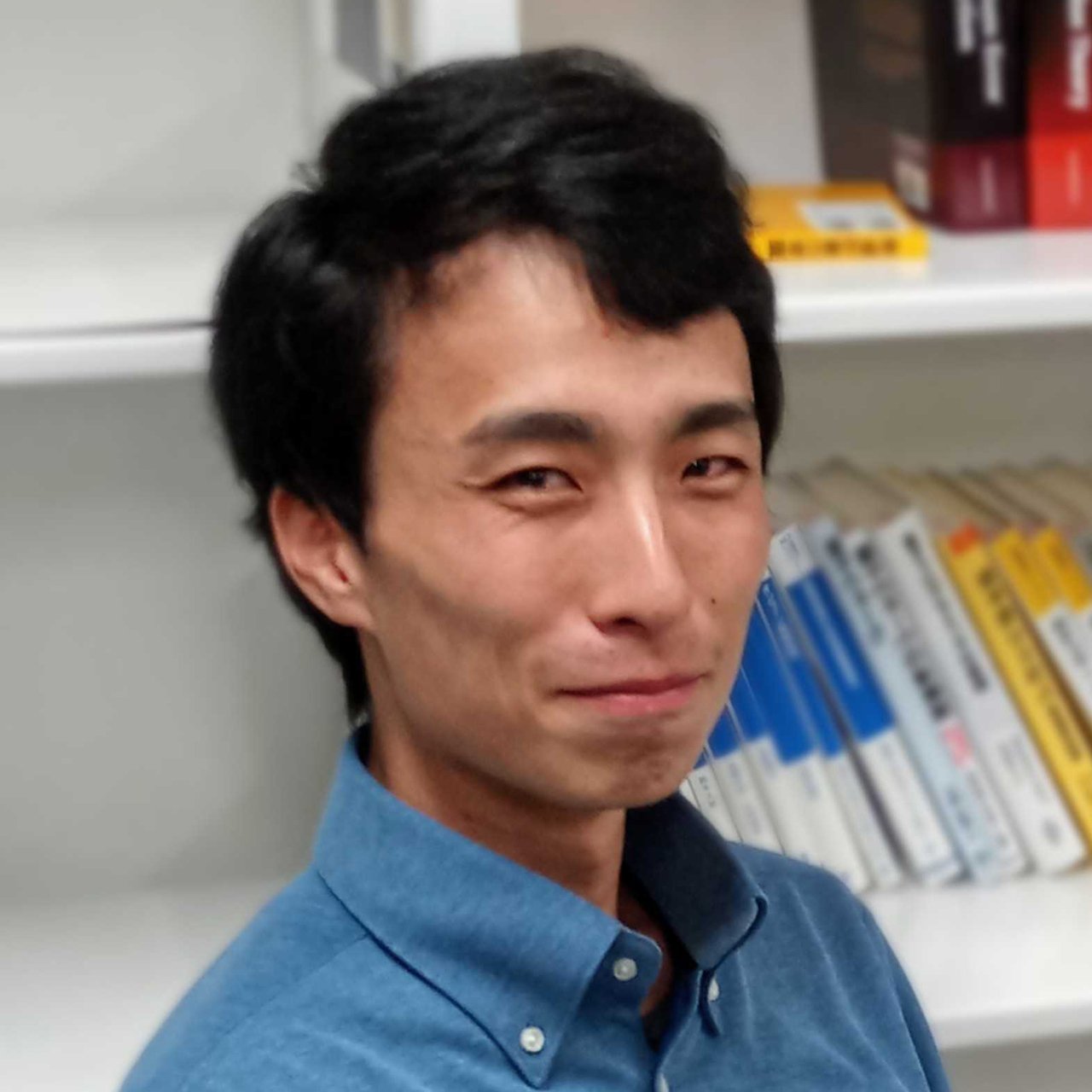Computer & electronics hardware
Kosuke Mitarai
Built the world's first machine learning algorithm for quantum computers and co-founded a software venture for quantum computers.
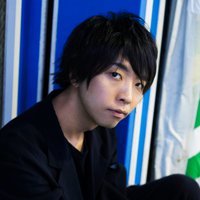
Japan
Yoichi Ochiai
A visionary for the advent of "Digital Nature". His creative work as a media artist is also highly regarded.
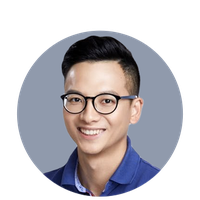
China
Tianchi Li
Developed programming tools to help children learn programming better
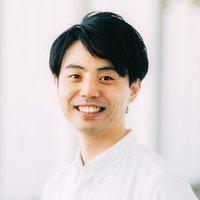
Japan
Tatsuya Honda
Gadget that allows anyone to "feel" sounds, successfully bringing it to mass production.
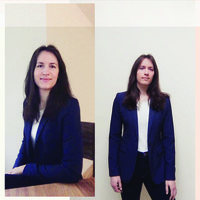
Global
Jennifer Glick
If quantum computers work, what can we use them for? She’s working to figure that out.
